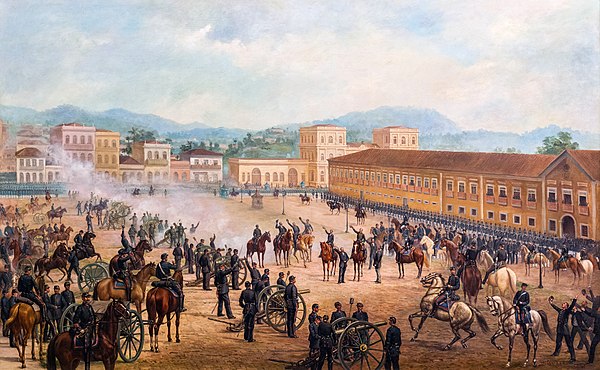Dr. Paula Montero on syncretism and pluralism in the configuration of religious diversity in Brazil
On February 16, Dr. Paula Montero, professor of anthropology at the State University of S├Żo Paulo and senior researcher at the Brazilian Center of Analysis and Planning, gave the paper "Syncretism and pluralism in the configuration of religious diversity in Brazil" as part of the regular research seminar of the Center for Historical Research and the Department of History.

Dr. Paula Montero's account focused on the history of religious diversity in Brazil, key points in which were the adoption of Brazil's first republican constitution in 1891, when Catholicism ceased to be the country's official religion, and the adoption of the Constitutional Charter in 1988, when pluralism became the main legal and political means of structuring differences in the country, including religious diversity. These pieces of legislation marked two different ideological models for the management of religious diversity, the first of which divided the population only into Catholics and non-Catholics, and the second of which legally constructed diversity in religious communities. The cases examined in the report of Dr. Montero show that the fields of racial and ethnic identity in Brazil were an integral part of the field of religious diversity.
The seminar was organized by associate professor of the Department of History Nikolai Ssorin-Chaikov and research fellow, international postdoc of the Center for Historical Research Cleto Junior Pinto de Abreu.
Research Assistant
Cleto Junior Pinto de Abreu
Research Fellow
Nikolai Ssorin-Chaikov
Associate Professor
